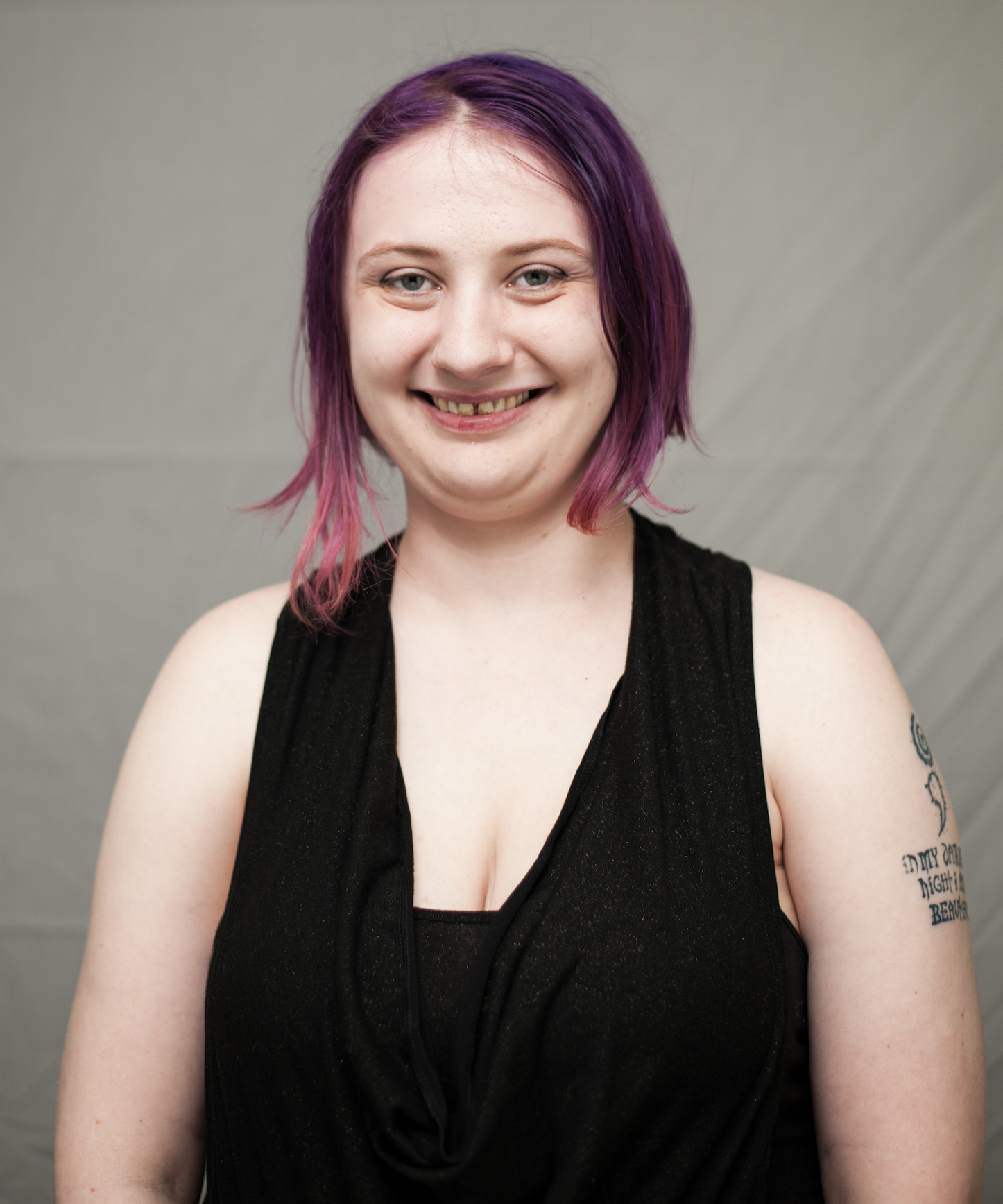I used to think I had to outrun it.
The diagnosis. The panic. The spiral. The days when I’d crash so hard I couldn’t get out of bed—and the nights I’d stay up launching five new projects at once like my brain was on fire and brilliance was my only currency. The past I didn’t want to talk about, the trauma I tried to bury under degrees, titles, press releases, and power suits.
I thought if I just worked hard enough, showed up fierce enough, changed the world loudly enough, I could outrun the bipolar. Out logic the PTSD. Be "bigger" than the diagnosis.
Spoiler: I couldn’t.
What I could do—what I have done—is learn to lead with it.
Not around it. Not in spite of it. But with it.
I was diagnosed with bipolar disorder in my 20s and PTSD not long after. Both were shaped by trauma I didn’t ask for, and systems I was born into as an Indigenous woman—systems designed to devalue, silence, and grind us down.
The stigma was real. Even more real? The pressure: to be the “good Indian,” to be a capable leader. To be the always-available, always-in-control executive who had her entire community on her shoulders and zero room for collapse.
I became a master of hiding it.
Until I couldn’t anymore.
No one tells you what it feels like to be a “success” and still be breaking on the inside.
At one point, I was presenting to national health leaders on a groundbreaking Tribal AI program—on three hours of sleep, dissociating in a blazer, praying my voice wouldn’t crack.
I was helping launch the first nationally recognized Tribal Disability Program while silently begging the universe for a break I didn’t know how to take.
The gap between what people saw and what I felt inside was crushing. And when you're Indigenous and a woman in power, you’re not just managing your own expectations—you’re carrying generations of survival with you.
Here’s the truth:
I am still in therapy. I take medication. I set hard boundaries. I cancel things. I fall apart and rebuild regularly. And I still lead.
I’ve stopped pretending healing is linear. Stopped weaponizing productivity as proof of my worth. Stopped letting shame narrate my story.
Now I name it out loud.
I am the storm and the shelter.
I am healing in motion.
And I am not done yet.
I write my wellness plan into my work plans. I let my team know when I need space. I mentor Indigenous youth and tell them the full truth: that being brilliant and bipolar, gifted and grieving, accomplished and anxious—those are not contradictions. They are truths that coexist.
My mental health is not a liability. It’s a compass that reminds me where the work really is.
It keeps me close to what matters—care, connection, reciprocity, legacy.
So...
If you’ve ever felt like you had to be “flawless” to be taken seriously...
If you’ve ever hidden your diagnosis because you thought the boardroom couldn’t handle the truth...
If you’ve ever walked into a room knowing you’re the only one fighting two battles—one outside, one inside—I see you. I am you. And we’re not broken.
We’re boundary-pushers and system-questioners. We’re the blueprint for something better.





.jpg)




.svg)

